Swept Away by Power: A Contrast Between Traditional and Electric Toothbrushes in Five Epic Battles
We dive into this surprising clash with a look at experience. Traditional brushes boast hundreds of years of honed usage, being the tool of choice for millennia. However, despite their short history, electric toothbrushes have had a dramatically different impact.
Electric toothbrushes instantly enhance the brushing experience through automating the entire process. Studies have shown that electric toothbrushes remove more plaque than their manual counterparts, requiring less brushing experience and technique on the user's part. Regardless of their relative newness, they've proven proficient.
Power to Clean
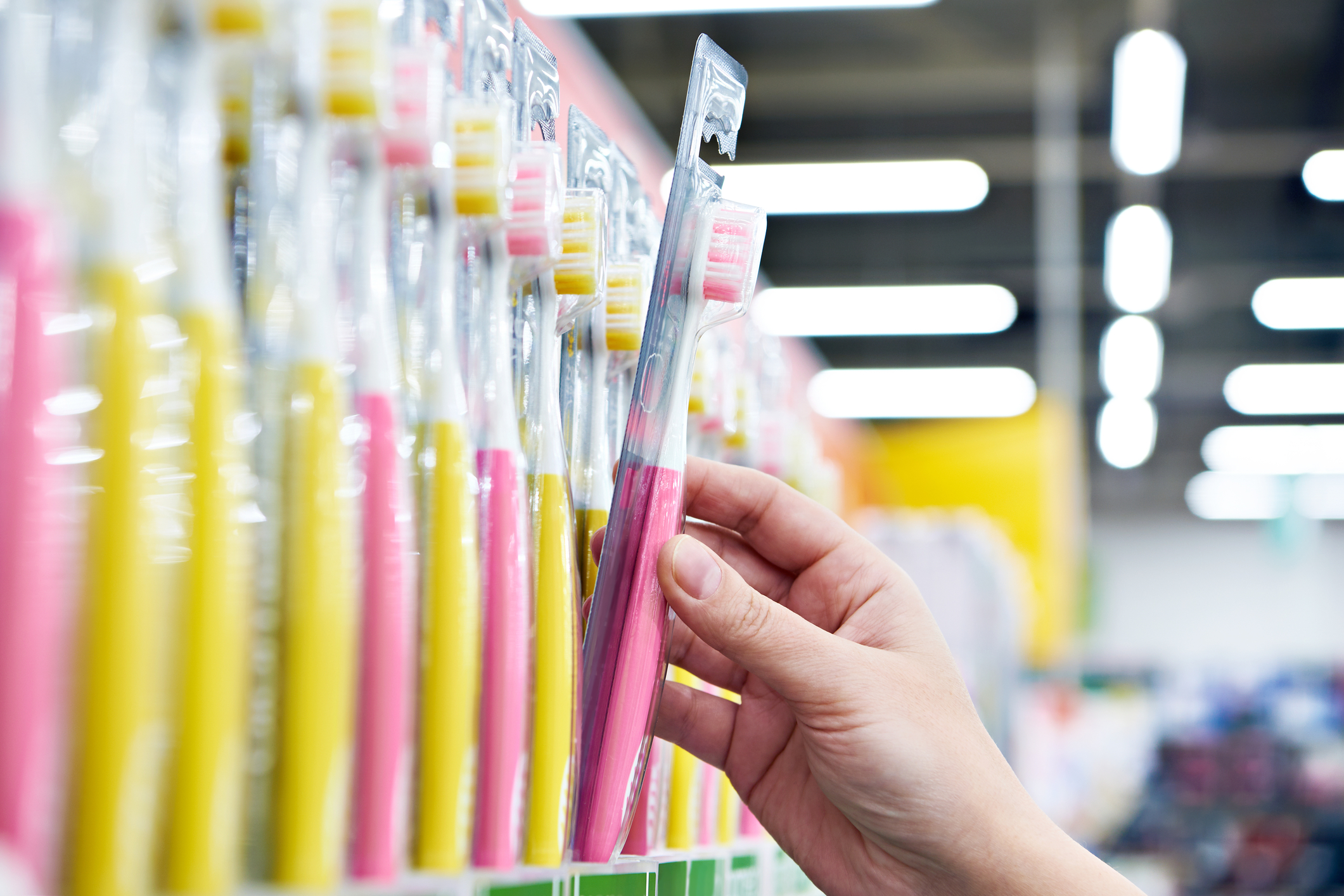
Next, we delve into the cleaning power of traditional versus electric toothbrushes. While manual toothbrushes rely on physical scrubbing, electric brushes harness the power of battery-powered bristles that spin or vibrate, apparently enhancing their tooth-cleaning abilities.
Research based on meta-analysis of numerous studies suggest that rotating electric toothbrushes are more effective at removing plaque and reducing gingivitis, offering a potentially superior clean.
Portability and Accessibility
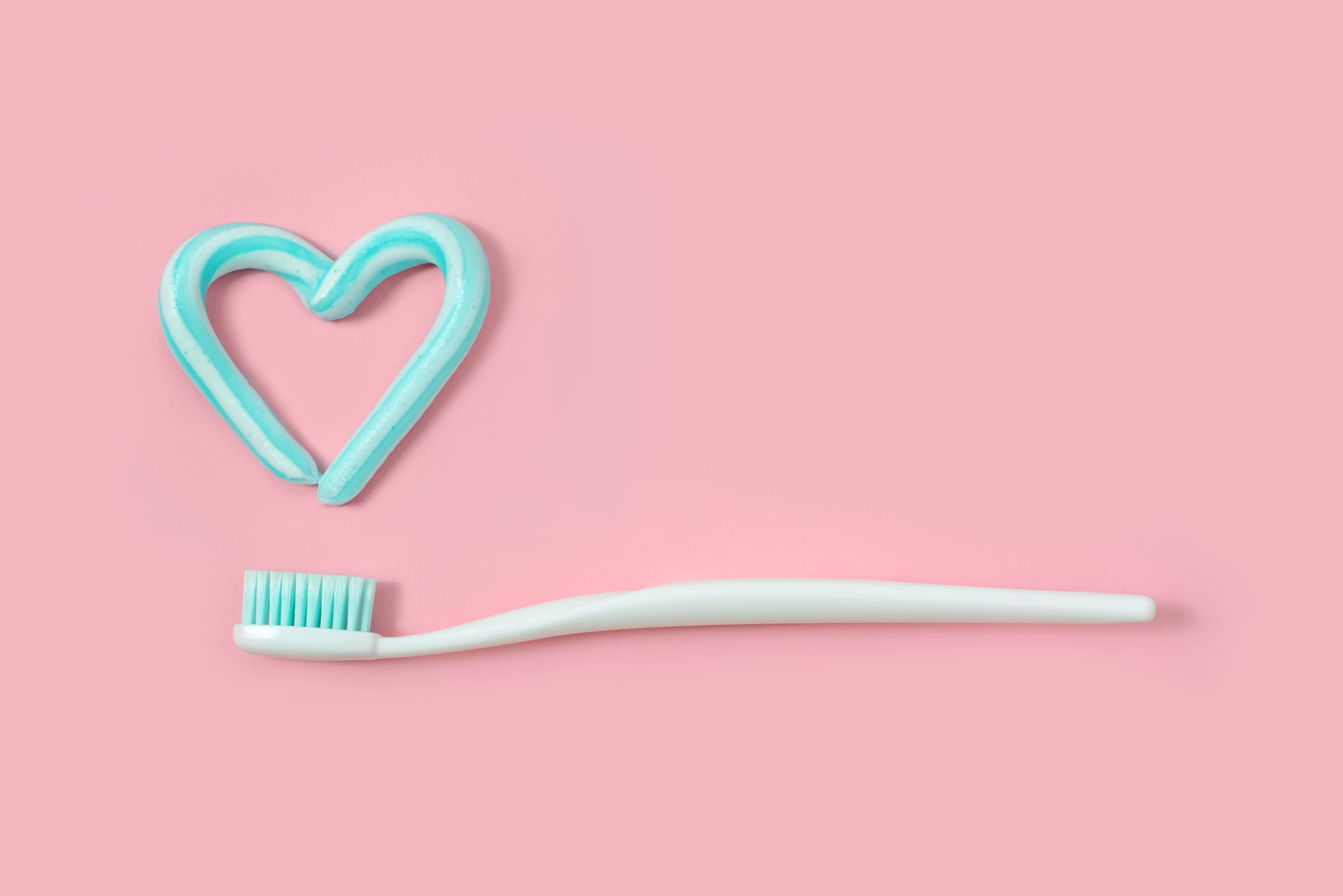
The simplicity and light-weight nature of traditional toothbrushes have afforded them durability and wide reach. Their accessibility and affordability have gained them a strong user base globally.
In contrast, electric toothbrushes, with their bulky holders and charging apparatus, are less portable. They are also generally more expensive than their manual counterparts, potentially limiting their accessibility among certain demographic groups.
User Experience and Preferences
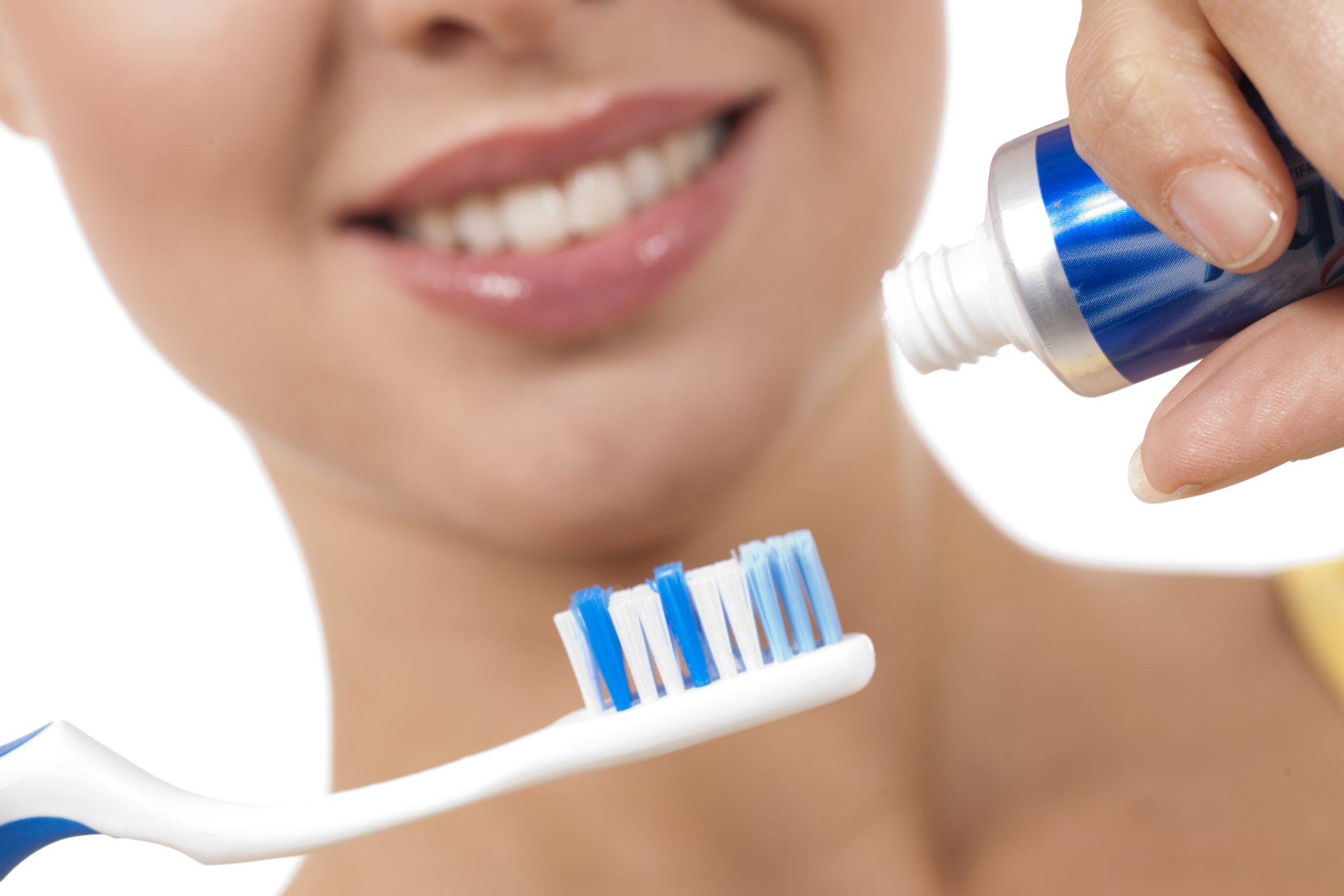
How does user experience and satisfaction play into this rivalry? Here, the scales could tip in either favor, as it largely relies on individual preferences and comfort.
For some, the gentle vibrations and lack of need for manual stroke control make electric toothbrushes a clear winner. However, users valuing control in brushing strength and technique may still prefer traditional brushes.
Sustainability Perspective
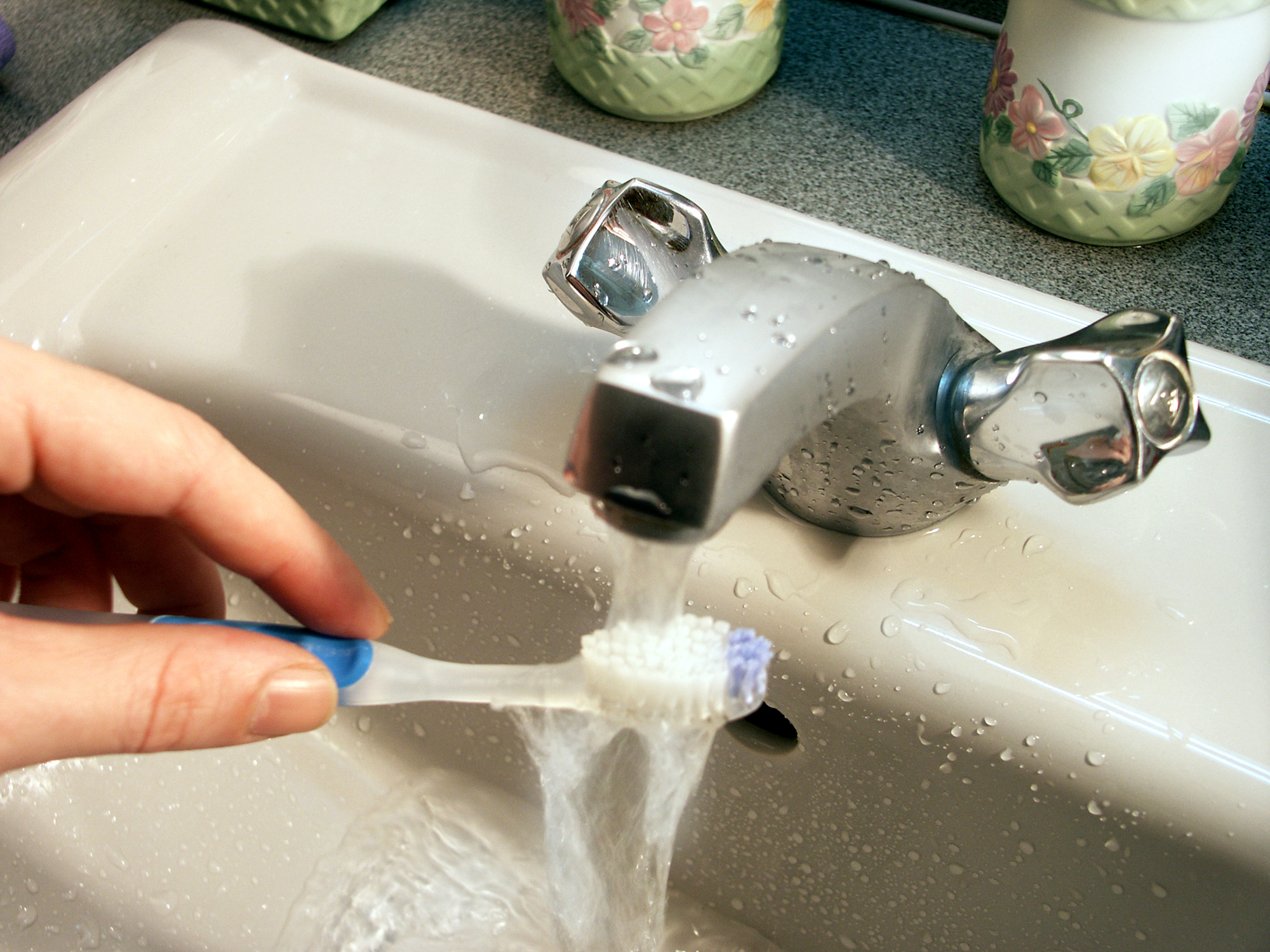
The penultimate round takes a turn towards an eco-friendly perspective. Traditional toothbrushes are usual suspects of plastic waste. On the flip side, electric toothbrushes, with their reusable handles and only the heads requiring replacement, seemingly champion sustainability.
However, considering battery waste and electronic components disposal, the impact of electric toothbrushes on the environment might be more severe than initially perceived.
Dental Healthcare Recommendations
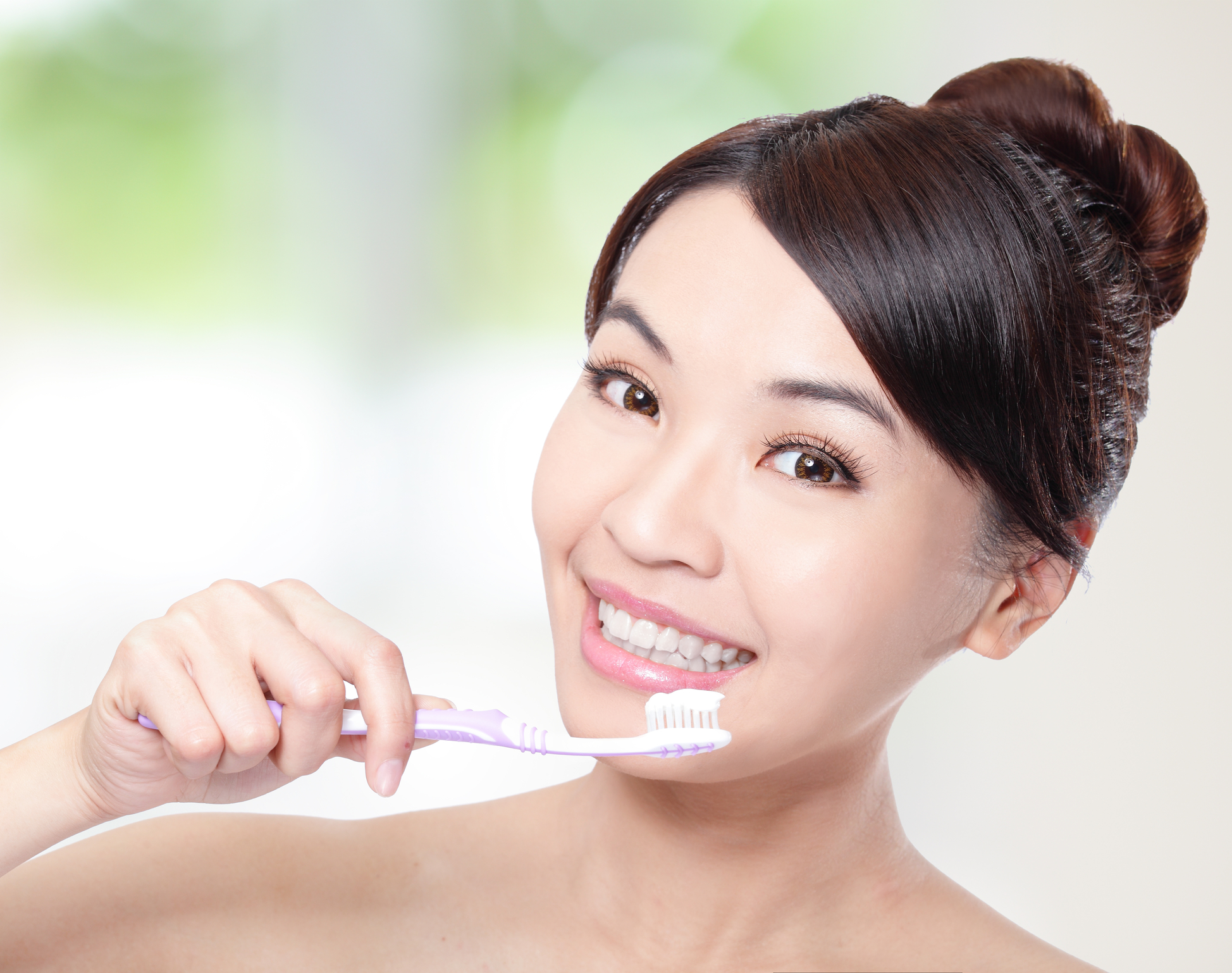
Lastly, let's hear from the professionals. The American Dental Association (ADA) cites both traditional and electric toothbrushes as effective tools for oral cleaning. The ADA’s Seal of Acceptance is given to both categories, provided they meet ADA standards.
However, experts sometimes lean more toward recommending electric toothbrushes, particularly for those with limited manual dexterity or special dental needs. This professional inclination might be the final strike that tips the scales in favor of electricity.